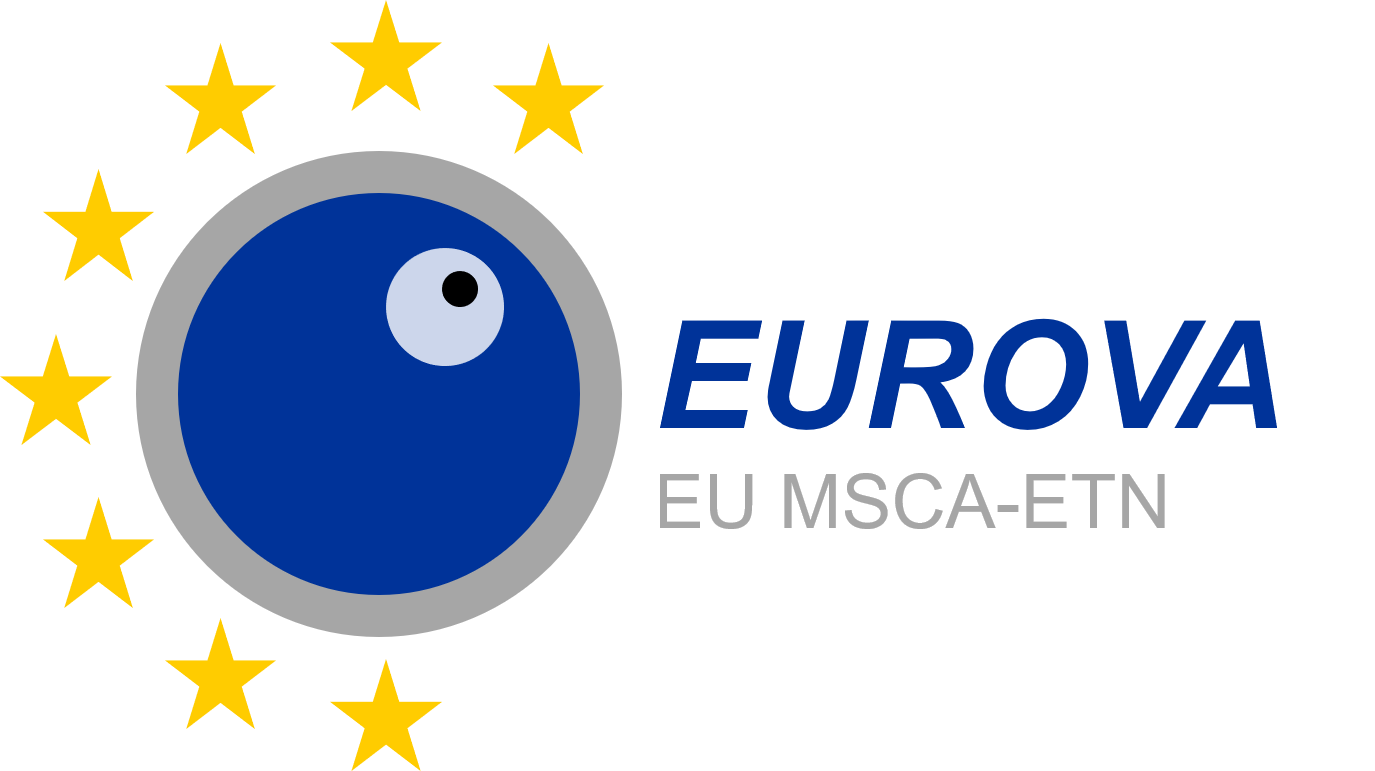Ms. Magdalena Ladrón de Guevara
ESR 7
Project: Somatic signals regulating mRNA translation in mammalian oocytes
Planned secondments: Université Laval, Quebec (3 months) & Clinica Eugin (3 months)
Email: magdalena.ladron@unimi.it
I am Magdalena from Argentina. I graduated in Veterinary Medicine (D.V.M) from the Catholic University of Córdoba (Universidad Católica de Córdoba). Upon graduation, I completed a dual Masters in Genetics and Breeding and Reproductive Biotechnology at the Autonomous University of Barcelona (Universitat Autònoma de Barcelona) and the Polytechnic University of Valencia (Universitat Politècnica de València). During my second year, I completed a residency at the National Institute for Agricultural and Food Research and Technology (Instituto Nacional de Investigación y Tecnología Agraria y Alimentaria) as part of the preimplantation embryology and molecular embryology laboratories. During this period, I competently handled mammalian gametes and embryos in different developmental stages. After graduation, I worked as an embryo transfer specialist at the Institute of Science and Technology in Austria. Where I coordinated and conducted the rederivation of all the mice strains, embryonic and gamete cryopreservation. In addition, I was responsible for the generation of new transgenic mice strains used as models for Autism Spectrum Disorders (ASD) and I also implemented and optimized two techniques, neural blastocyst complementation (NBC) which consist of the injection of wild-type GFP stem cells into blastocysts from a mice strain with a forebrain ablation (diphtheria toxin activated upon Cre-mediated recombination), and intraventricular injection of virus In utero (E 14.5 and E 13.5) both as part of a project to test reversibility in ASD.
The EUROVA program offers a wholesome, interdisciplinary study of oocyte biology and through it, I hope to deploy my skills in the field of Reproduction Biology. My project aims to dissect the ability of signals originating in the follicular cells, transduced to the oocyte in response to the ovulatory stimulus, to affect the oocyte translational program. During oocyte maturation transcription is repressed and cellular functions, comprising meiotic progression and reprogramming of the genome to totipotency, are mainly regulated by the timely translation of maternal mRNA accumulated during oocyte growth. Recent studies show that the follicular/cultural environment affects oocyte developmental competence by acting on the program of maternal mRNA translation, through the activation of the PI3K/AKT pathway in the oocyte. However, the intercellular signalling linking the somatic and germline side of this cascade has not been elucidated.
Thus, we set out to investigate the role of follicular cells and de novo protein synthesis in regulating molecular events critical for bovine oocyte meiotic resumption and cell cycle progression, such as accumulation of cell cycle regulators, activity of the M-phase promoting factor (MPF), nuclear envelop break down and activation of the PI3K-AKT-mTOR pathway.

